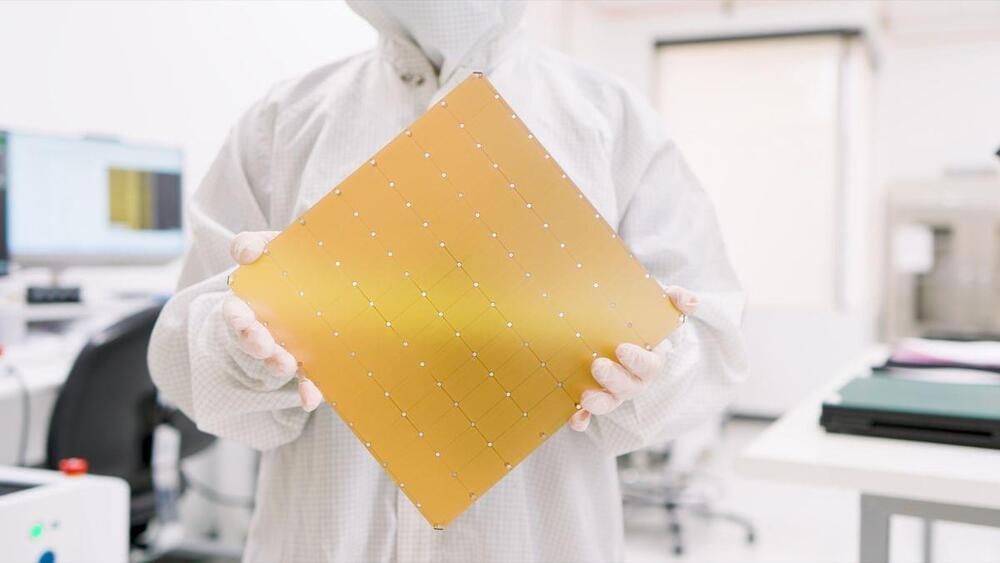While Elon Musk says Tesla is trying to build an AI supercomputer, his companies are spending billions of dollars on Nvidia hardware.
Category: supercomputing – Page 37
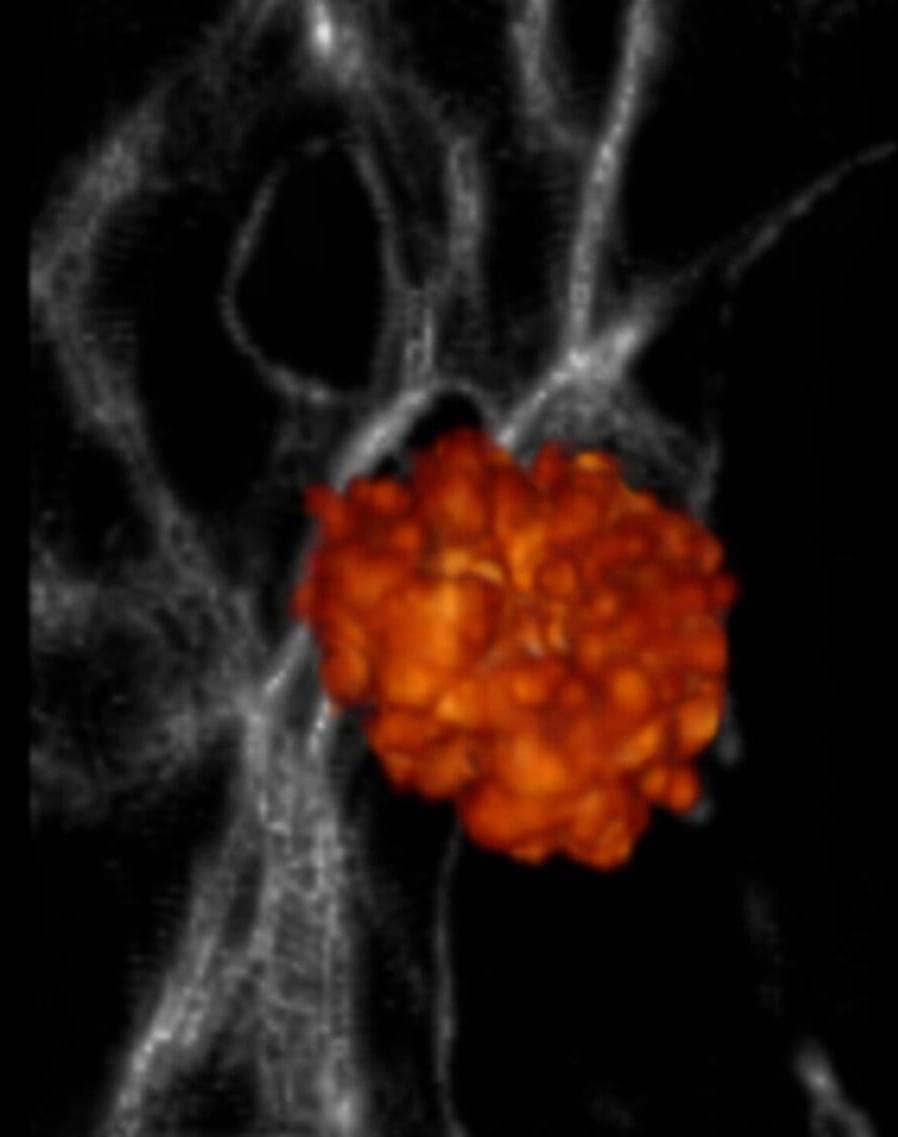
Unveiling the formation of the first galaxies
Utilizing high-resolution three-dimensional radiation hydrodynamics simulations and a detailed supernova physics model run on supercomputers, a research team led by Dr. Ke-Jung Chen from the Institute of Astronomy and Astrophysics, Academia Sinica (ASIAA) has revealed that the physical properties of the first galaxies are critically determined by the masses of the first stars. Their study is published in The Astrophysical Journal.
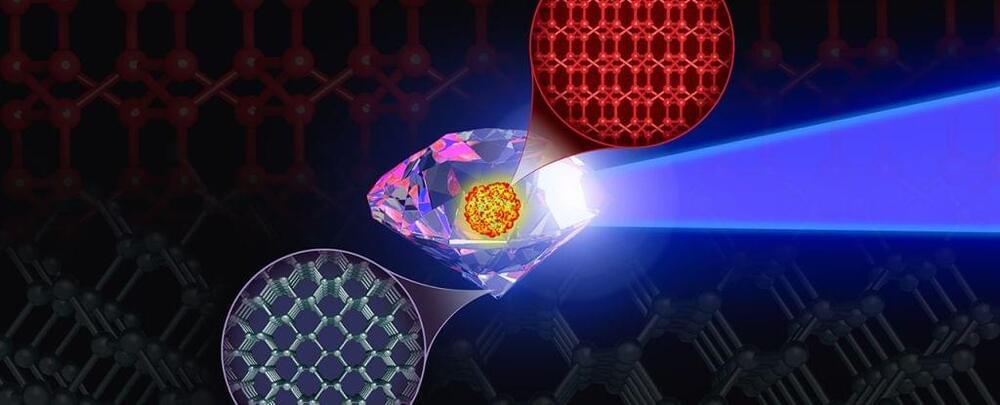
Diamond Can Be Squeezed Into Something Even Harder. Now We Know How to Do It
Simulations of an elusive carbon molecule that leaves diamonds in the dust for hardness may pave the way to creating it in a lab.
Known as the eight-atom body-centered cubic (BC8) phase, the configuration is expected to be up to 30 percent more resistant to compression than diamond – the hardest known stable material on Earth.
Physicists from the US and Sweden ran quantum-accurate molecular-dynamics simulations on a supercomputer to see how diamond behaved under high pressure when temperatures rose to levels that ought to make it unstable, revealing new clues on the conditions that could push the carbon atoms in diamond into the unusual structure.
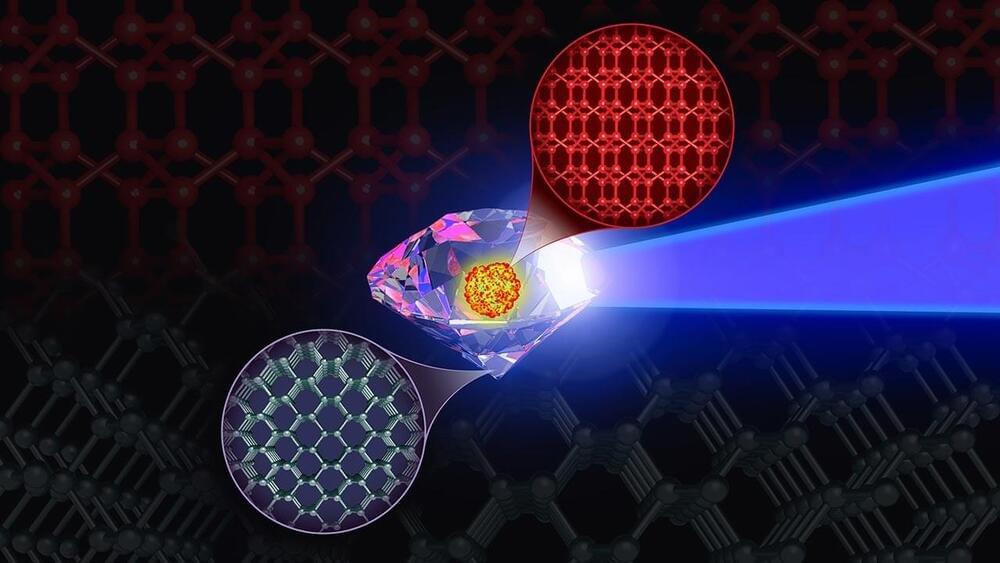
Supercomputers Crack the Code of Super-Diamond Synthesis
Researchers are on a quest to synthesize BC8, a carbon structure predicted to be tougher than diamond, using insights from advanced simulations and experimental efforts. This material, theoretically prevalent in the extreme pressures of exoplanets, remains a scientific mystery with promising applications in materials science.
Diamond is the strongest material known. However, another form of carbon has been predicted to be even tougher than diamond. The challenge is how to create it on Earth.
The eight-atom body-centered cubic (BC8) crystal is a distinct carbon phase: not diamond, but very similar. BC8 is predicted to be a stronger material, exhibiting a 30% greater resistance to compression than diamond. It is believed to be found in the center of carbon-rich exoplanets. If BC8 could be recovered under ambient conditions, it could be classified as a super-diamond.

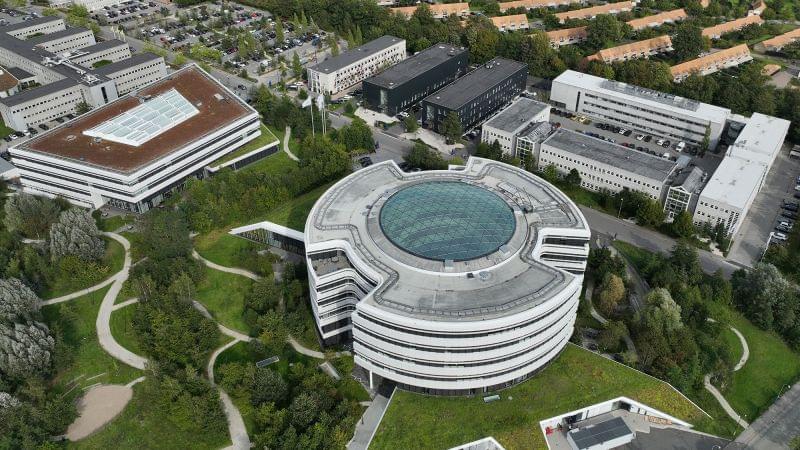
The maker of Ozempic is funding a new Nvidia-powered AI supercomputer
The owner of Novo Nordisk, the drugmaker that gave the world Ozempic and Wegovy, is funding a new supercomputer powered by Nvidia’s artificial intelligence technology with a key aim of discovering new medicines and treatments.
The Novo Nordisk Foundation has awarded France’s Eviden a contract to build what the computing company says will be one of the world’s most powerful supercomputers, able to process vast amounts of data using AI.
It should provide “unprecedented potential to accelerate groundbreaking scientific discoveries in areas such as drug discovery, disease diagnosis and treatment,” Cédric Bourrasset, Eviden’s head of quantum computing, said in a statement.

New Insights on How Galaxies are Formed
Astronomers can use supercomputers to simulate the formation of galaxies from the Big Bang 13.8 billion years ago to the present day. But there are a number of sources of error. An international research team, led by researchers in Lund, has spent a hundred million computer hours over eight years trying to correct these.
The last decade has seen major advances in computer simulations that can realistically calculate how galaxies form. These cosmological simulations are crucial to our understanding of where galaxies, stars and planets come from. However, the predictions from such models are affected by limitations in the resolution of the simulations, as well as assumptions about a number of factors, such as how stars live and die and the evolution of the interstellar medium.
To minimise the sources of error and produce more accurate simulations, 160 researchers from 60 higher education institutions – led by Santi Roca-Fàbrega at Lund University, Ji-hoon Kim at Seoul National University and Joel R. Primack at the University of California – have collaborated and now present the results of the largest comparison of simulations done ever.
Google Just Turned the RPi into a Supercomputer… — YouTube
Coral.ai @raspberrypi =???Raspberry Pi 4 👉 https://amzn.to/3SBCRW0Coral AI USB Accelerator 👉 https://amzn.to/3SBGrzMRaspberry Pi Camera V3 Module 👉 https…

How a quantum technique highlights math’s mysterious link to physics
Everybody involved has long known that some math problems are too hard to solve (at least without unlimited time), but a proposed solution could be rather easily verified. Suppose someone claims to have the answer to such a very hard problem. Their proof is much too long to check line by line. Can you verify the answer merely by asking that person (the “prover”) some questions? Sometimes, yes. But for very complicated proofs, probably not. If there are two provers, though, both in possession of the proof, asking each of them some questions might allow you to verify that the proof is correct (at least with very high probability). There’s a catch, though — the provers must be kept separate, so they can’t communicate and therefore collude on how to answer your questions. (This approach is called MIP, for multiprover interactive proof.)
Verifying a proof without actually seeing it is not that strange a concept. Many examples exist for how a prover can convince you that they know the answer to a problem without actually telling you the answer. A standard method for coding secret messages, for example, relies on using a very large number (perhaps hundreds of digits long) to encode the message. It can be decoded only by someone who knows the prime factors that, when multiplied together, produce the very large number. It’s impossible to figure out those prime numbers (within the lifetime of the universe) even with an army of supercomputers. So if someone can decode your message, they’ve proved to you that they know the primes, without needing to tell you what they are.
